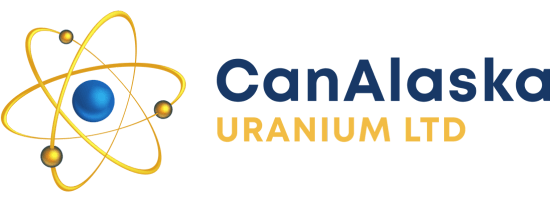Uranium Development Has Never Been More Attractive
$CVV
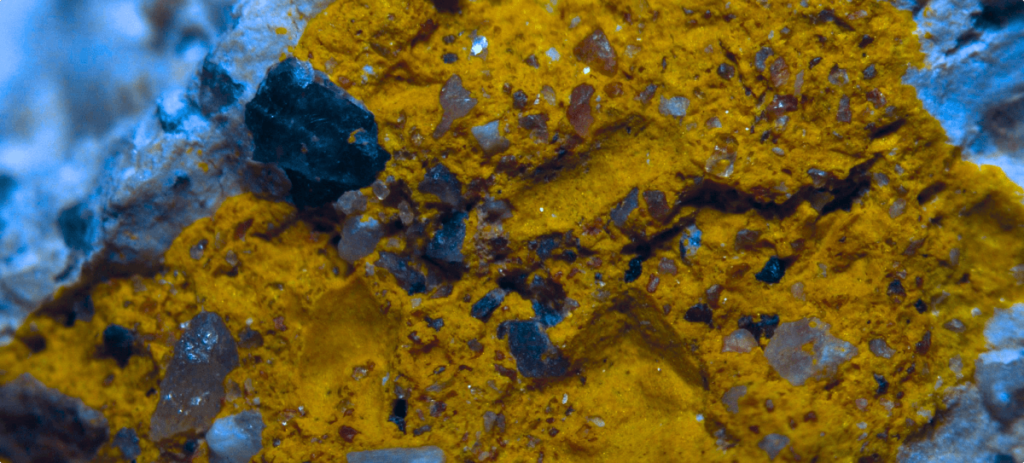
Canalaska uranium
Nuclear Growth Spurs
Uranium
Resurgence.
Governments
Governments large and small are fueling the search for sustainable alternative energy sources to supplement and replace fossil fuels like coal and natural gas. CO2 emissions that contribute to warming are the main target.
price of uranium
As a result, CO2 free energy sources like nuclear reactors are becoming a focal point of sustainability mandates. This dynamic is driving dramatic increases in the price of uranium, which is essential to the operation of nuclear reactors.
critical mineral
Canada has listed uranium as one of its critical minerals, prioritized for development and essential to the nation’s economic security. As a result of increasing demand, uranium prices have risen about 131% over the last five years, and 383% over the last twenty years.
Canalaska uranium
Power Demand on
Nuclear
Reactors
Estimates of power supply/demand dynamics indicate that nuclear reactors will need to provide 25% of all electricity by 2050 if the world is to achieve a clean and reliable low-carbon supply of power. In this scenario, nuclear power generation will have to triple over the next 25 years to meet the goal.
With about 440 reactors currently operating globally, there are about 100 new reactors on order or planned, with another 300 more proposed projects, according to the World Nuclear Association. In short, the economics of uranium discovery, development, and mining have never been more attractive.
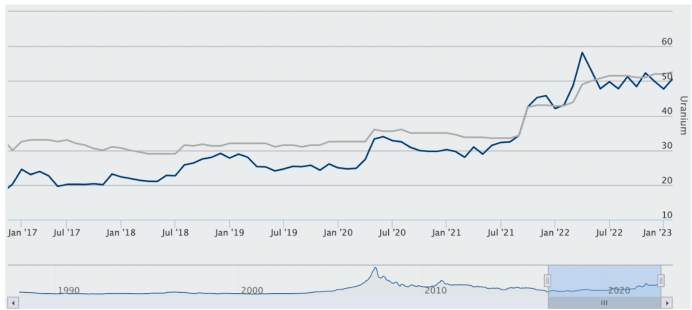
CanAlaska Uranium - Prolific Project Generator
CanAlaska Uranium Ltd. is an active explorer and project generator focused in the Athabasca Basin of northern Saskatchewan. The area is home to the world’s highest grade uranium deposits, with grades that are on average 10 to 20 times greater than the average grade of deposits mined elsewhere in the world.
uranium - rich region
The Athabasca Basin hosts almost all of Canada’s known uranium resources, and the country holds about 8-10% of the world’s supply of the critical metal while accounting for about 13% of global production.
discover and acquire
CanAlaska is in the business of discovering and acquiring new projects, and then finding the appropriate partners to develop them. We have a history of joint ventures with major miners like Cameco and Denison Mines.
partnerships
By seeking out partners with resources and experience in the area, we minimize risk while maximizing the chances that a project will generate value for our company and shareholders.
critical metal
24,700 Employees in 98 Manufacturing Sites
24,700 Employees in 98 Manufacturing Sites
about 13% of global production
CanAlaska Ticks All the Boxes .
partnerships
advantages
- Project Generator Model
- Major Industry Partners
- Experienced Management
- World Class Targets
- Co-Funding
- Low Price
- High Growth Potential
- Sector Recovery
- Multiple Trigger Events
- Advancing New Discoveries
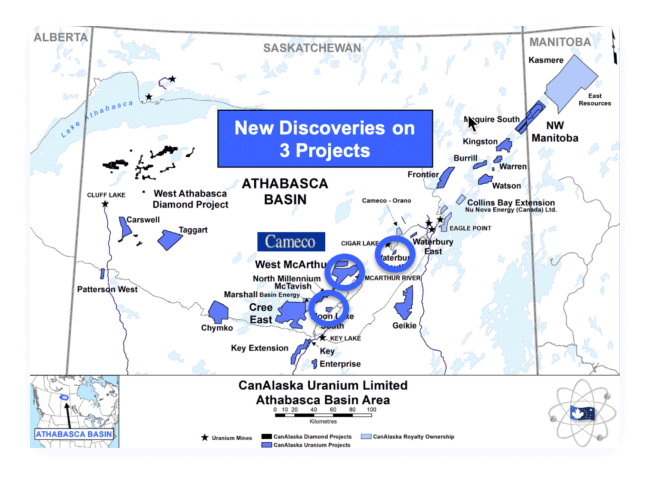
New Discoveries
Our projects
CanAlaska Uranium is developing three major uranium projects in the basin with drilling programs in 2023.
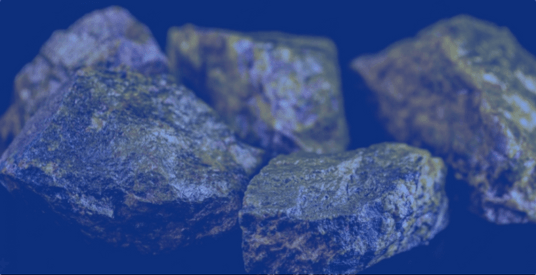
Denison JV,
Moon Lake
The Moon Lake South prospect is a joint venture with Denison Mines Corp. Denison is a veteran of Athabasca Basin uranium mining. The Moon Lake South project is directly adjacent to Denison’s flagship Wheeler River property, the largest undeveloped uranium prospect in the eastern portion of the Athabasca Basin.
CanAlaska holds a 25% ownership in the project. The 2023 drilling program is currently underway.
Download our investor presentation
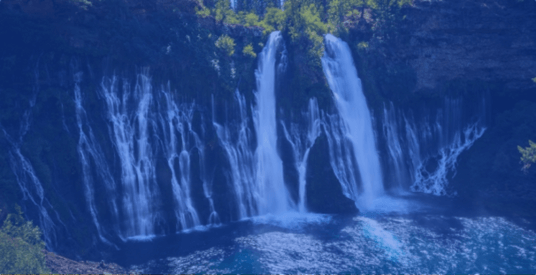
McArthur
River Mine
The West McArthur prospect is a joint venture with Cameco, owner and operator of the adjacent McArthur River Mine and one of the world’s foremost uranium mining companies. The McArthur River Mine is home to the world’s largest deposit of high grade uranium. CanAlaska holds a 79.4% ownership in the project.
The $10 million drill program for 2023 is already underway at West McArthur’s newest discovery area, the Pike Zone. CanAlaska CEO Cory Belyk stated, “For CanAlaska and its shareholders, the 2023 programs are shaping up to be very significant. The highest priority for the company is advancing its Pike Zone discovery where composite uranium grades over 25% have been encountered as we approach the ideal unconformity target which has yet to be drill tested. The Pike Zone has all the fingerprints of a tier 1 uranium mineralizing event in the eastern Athabasca Basin near all the critical mine and mill infrastructure.”
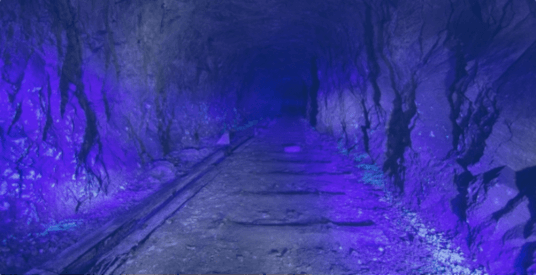
Key Extension,
uranium resource
CanAlaska is developing the Key Extension project in the southeast Athabasca Basin under an option agreement with Durama Enterprises Limited, a private company, which has granted CanAlaska a right to earn up to 100% interest in the project. Geophysical programs completed in 2022 point to a potentially significant uranium target that extends from...
the prolific past-producing Key Lake Mill Complex. CanAlaska is undertaking a $1 million drilling project to begin to test these priority targets.
Business model
CanAlaska’s business model
CanAlaska has several additional projects in the Athabasca Basin, and the company’s land package in the area comprises in total more than 300,000 hectares of prospective uranium properties. CanAlaska’s business model is to constantly prospect, acquire, explore, partner, develop and option promising properties with each move designed to increase both shareholder and property value.
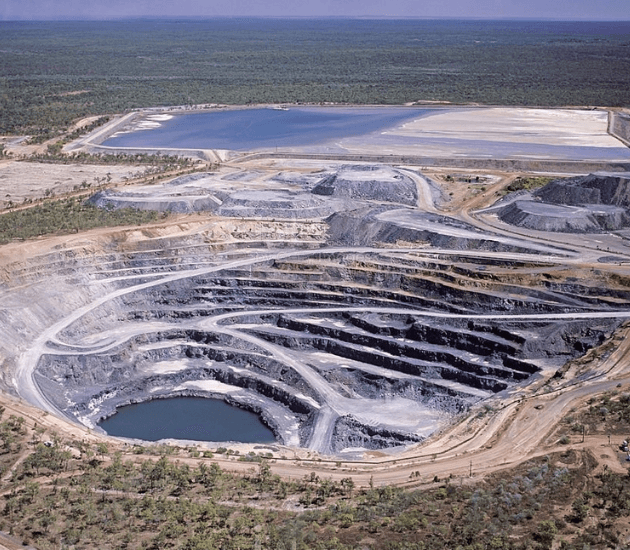
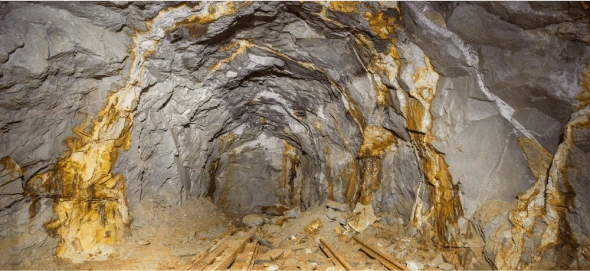
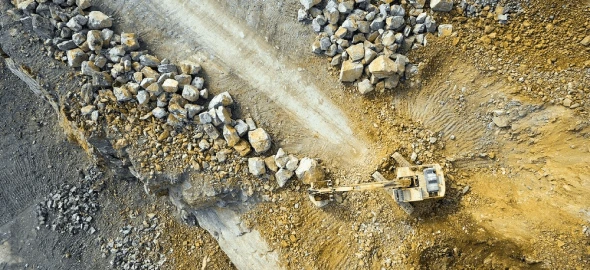
Polymetallic Bonus Opportunities
With the skyrocketing demand for uranium and the rush to develop more domestic sources of the critical mineral, CanAlaska’s exploration resources have largely been committed to our uranium properties. But we have several exciting opportunities with very promising prospects elsewhere, and with other mineral targets.
These projects include significant holdings in the Thompson Nickel Belt. The area around the city of Thompson, Manitoba comprises the world’s 5th largest sulphide nickel producing region. The Mouse Mountain project is a copper/gold porphyry property located near Quesnell, British Columbia. The Nisku Property is adjacent to the historic VMS copper/zinc Ruttan Mine in northern Manitoba, exhibiting signs of a potentially massive sulphide copper/zinc/gold/silver deposit.
Executives
Executive Team
CanAlaska’s executive team and advisors combine over 140 years of experience in the Athabasca Basin with a unique mix of public sector, financial markets, operations, exploration, and geology backgrounds. Our team is responsible for multiple deposit discoveries including the giant Cigar Lake uranium deposit and the 02 NEXT zones at the Eagle Point uranium deposit. We have a track record of success!
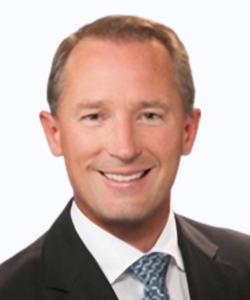
Cory Belyk, P. Geo
CEO, Executive Vice President and Director
Mr. Belyk is a geologist with nearly 30 years of experience in exploration and mining operations, project evaluation and business development. His depth of experience is a result of work on a global scale including Asia, Africa, Europe, North America and Australia.
Mr. Belyk was previously employed by COGEMA (now Orano), Uranerz Exploration and Mining Ltd, and Cameco Corporation in the Athabasca Basin, Saskatchewan. His recent focus was on global activities related to Cameco’s project evaluation, business development, and international exploration activity with direct oversight and accountability for offices in Mongolia and Australia. Mr. Belyk was a member of Cameco’s exploration management team during the recent Fox Lake and West McArthur uranium discoveries.
Mr. Belyk holds a Bachelor’s (1994) degree in Geology from the University of Saskatchewan and a Certificate in Negotiation from Harvard Law School (2014). He is a registered member of the Association of Professional Engineers and Geoscientists of Saskatchewan.
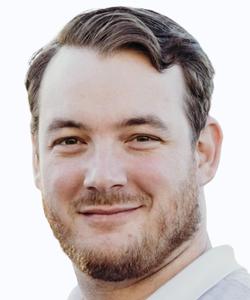
Nathan Bridge, P. Geo
Vice President, Exploration
Mr. Nathan Bridge has over a decade of experience managing exploration, delineation, and geotechnical drilling programs at Cameco Corporation. He was senior Geologist on Cameco’s Fox Lake discovery team that took the deposit from exploration stage, through discovery, and into resource definition.
Nathan has spent the majority of his career exploring for uranium and in 2017 he led the exploration program that discovered the 42 Zone on the Company’s West McArthur project. Apart from his extensive experience on uranium mineralization zones along the “C10” corridor, Nathan has managed and worked on delineation and geotechnical programs on Cameco’s Cigar Lake, Eagle Point and Millennium deposits. Nathan brings his very strong technical background to the CanAlaska team, focussing on exploration that is guided by geoscientific rigour and an understanding of the key criteria for the formation and preservation of high-quality ore deposits. Mr. Bridge is a licensed Professional Geoscientist and holds both B.Sc. and M.Sc. degrees in Geology, from the University of Western Ontario.
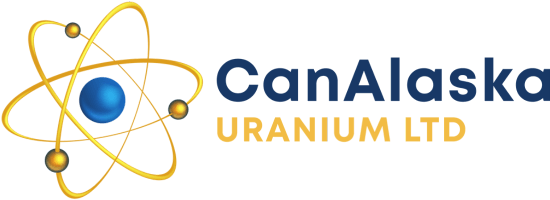
Copyright © 2012 - 2023 CanAlaska Uranium Ltd.
